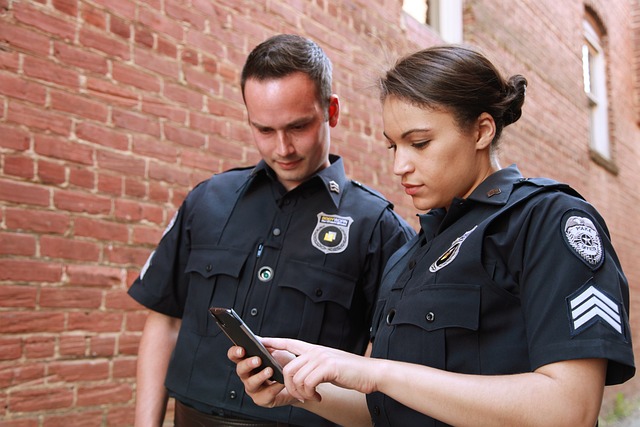As guardians of our communities, police officers are tasked with keeping us safe. But to do their job, they need ongoing training and education. Police training is not only important for improving performance. It is also for increasing public trust and reducing liability. In this blog post, we will explore why ongoing police training is crucial in today’s world.
So, read on!
Improved Performance
When it comes to keeping our neighborhoods safe, police officers are the first line of defense. With training, police departments can make sure their officers have the skills and information they need to do their jobs. This includes everything from the most basic ways to run a patrol to advanced strategies used in high-risk scenarios.
Through ongoing training, cops can do their jobs better, which is good for everyone. Police officers can be better at what they do. This is possible while putting themselves and the people they help in the least amount of danger.
Increased Public Trust
It is important for them to establish trust between the police and the public. One way they can do this is through ongoing training and education. Implicit bias awareness training is an example of how police officers can improve their performance by recognizing their implicit biases.
Implicit biases are unconscious attitudes or stereotypes that affect our:
- understanding
- actions
- decisions
These are attitudes we make towards certain groups of people. This type of training helps officers understand the impact of these biases on their work and interactions with diverse communities. It also provides tools to recognize when implicit bias may be at play during routine stops or investigations.
Reduced Liability
Police officers face significant legal and financial risks every day on the job. One key area where police training can make a big difference in reducing liability is in the use of force.
Officers who receive regular training on the proper use of force techniques are less likely to use excessive or unnecessary force when dealing with suspects. This can help prevent costly lawsuits against police departments.
Officers learn to understand their rights and responsibilities under the law. This includes educating them about the following:
- search and seizure rules
- Miranda warnings
- other relevant legal procedures
All of which must be followed during investigations.
Adaptation to Change
Adaptation to change is crucial for any profession. But it’s especially important for those in law enforcement. The world we live in is constantly changing and evolving. This means that police officers must be able to adapt quickly to new situations and challenges.
One area where adaptation is particularly vital is technology. Police departments are adopting new technologies all the time. This includes:
- body cameras
- dashboard cameras
- facial recognition software
- predictive policing algorithms
Officers must stay up-to-date on these tools so they can use them effectively while also being aware of potential ethical concerns.
Ongoing Police Training and Education Are Important
Police education and training are integral for advancing public safety. This is because officers become informed and proficient in modern police measures and methods.
Ongoing professional development of police is, thus, essential for public safety. It’s necessary for preserving trust in policing. We hope that this awareness will result in increased investment in police training and education and ensure that police have the skills and knowledge to serve our communities effectively.
Also Read: Hidden Benefits of Work Place Safety Training You Should Know About


